In 1966, Egypt fortified its relationship with Singapore, recognizing it as a sovereign, independent state. Over the years, dialogues of commerce and social interest have surged between them, and today sees a similarly exciting – and perhaps long overdue – consummation of this legacy. The upcoming Africa Singapore Business Forum 2021 (ASBF), organized by Enterprise Singapore in an effort to enhance the commercial ties to Africa, sets a new precedent for fostering trade across two dynamic regions.
Set to take place later this month on August 23rd and 24th, the forum has brought together “over 2,000 business and government leaders from 30 countries to explore partnerships and growth opportunities” on a nonpareil platform.
Enterprise Singapore (ESG) is a leading, Singaporean government agency championing innovation and enterprise development, with the aim of cultivating relationships between business communities in Singapore and Africa. It emphasizes Singapore’s vitality as the technological hub of Southeast Asia, with hopes to expand further beyond its present boundaries and build trust in Singapore’s exports and services.
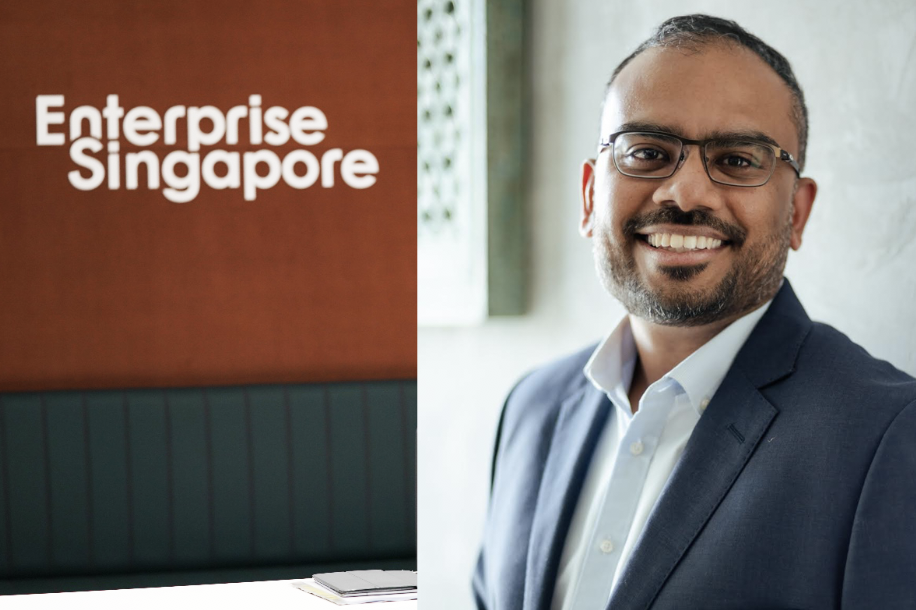
Its Regional Director, Mr. Sugumaran Devaraja, sat for an interview with Egyptian Streets. Articulate and well-versed in the matters of emerging markets and investment in the Middle East and North Africa (MENA), Mr. Devaraja provided a succinct explanation of his role: “my main thing is to increase the presence of Singaporean companies in Egypt, this would mean companies from all sectors: from logistics, to food, to fast-moving consumer goods (FMCG), the whole spectrum.”
Enterprise Singapore has made a concerted effort to cultivate its relationship with Egypt’s private sector. Working closely with the Singaporean embassy in Cairo and through some government investment agencies, they have helped identify sectors presently in development, as well as others which are ready for investment; Mr. Devaraja was keen to note that their initiative is always searching “for opportunities to tie up [Singaporean] companies with their counterparts in Egypt” and have been looking to broaden mutual opportunities per the virtual Africa Singapore Business Forum.
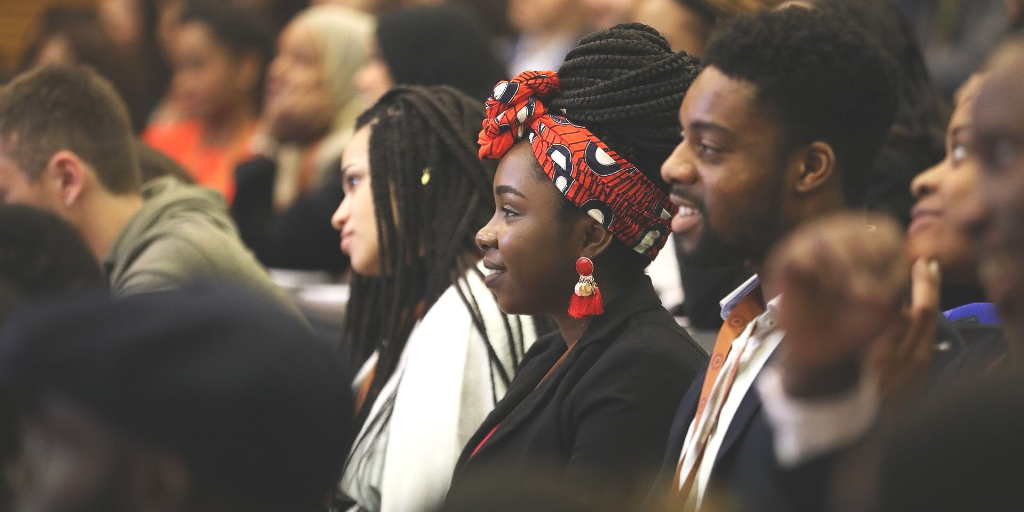
Regions in Conversation
Egyptian President Abdelfattah El-Sisi’s 2015 visit to Singapore was a node in the conversation about technology and development – a conversation set to take place once more via the ASBF.
According to Mr. Devaraja, the ASBF is scheduled to take place every two years, allotting enough time for the study and further implementation of strategy between meetings. This year’s edition covers fertile, promising sectors such as Innovation and Sustainability in Africa, Sustainable Planning and Construction, and the call for the recognition of Digital Africa, the Next Tech Frontier. Within the two-year wait between forums, many smaller, more concentrated meetings are set to take place, ones with a distilled focus on specific sectors (e.g., oil and gas, technology) rather than the encompassing nature of ASBF.
With a goal to broaden trade routes and opportunities worldwide, and tailored interest in Africa and the MENA region, ASBF illustrates a shift in economic priorities; “from a geo-political, world economy perspective, a lot of growth is now happening in Asia,” notes Mr. Devaraja, “African countries are beginning to realize that they need to be part of the growth – from a government-perspective and a corporate [one].” This “inevitable” shift solidifies a stronger, and more prominent dialogue between Africa and the East. “There’s also a bigger awareness of what’s happening around the world; [businesses] look at markets and everyone wants a diversified portfolio.”

Egypt: MENA’s “hub” for innovation?
Singapore has time and time again fortified its position as a commercial leader in Southeast Asia, and according to Mr. Devaraja, Egypt has similar promise when it comes to MENA. “Singapore is a sort of hub for the greater region, and I think that’s something we also see with Egypt.” There has been copious interest by regional investors to move towards Egypt for financing and accelerator rounds, while viewing it as “clearly the leader in the digitization, innovation space” holds Mr. Devaraja.
When asked to elaborate further, he was frank with his response: “[Egypt] is the most developed ecosystem among its neighbours” with the sheer scale of its market-size setting it apart from any other country in the region. While countries such as Kenya, Nigeria, and South Africa have budding hubs too, Mr. Devaraja noted from a North African perspective, Egypt possesses an inherent edge: its language and population. But he was quick to point out that “although Egypt ranks higher from an innovation and start-up creation perspective, the availability of funding and other players is not as developed as the UAE.
With back offices in Vietnam and India increasingly back-sourcing their operations to Egypt, Singapore’s interest in its markets has grown. Still, Mr. Devaraja posits that there is a distinct ignorance about Egyptian potential. Despite promising macroeconomic indicators, there is still a “lack of awareness about what is happening on the ground, [the] world has a very different perception on where Egypt is from a growth standpoint.”
Egypt and Singapore have discussed boosting development and cooperation on many occasions, most recently in February of last year. In a meeting between Local Development Minister Mahmoud Sharawi and Singaporean Ambassador Dominic Goh, the rhetoric of technological, developmental potential surfaced several times; with an estimated total of 200 million dollars in Singaporean investment in Egypt, trade between both countries was calculated at one billion dollars in 2020. Even earlier in 2018, similarly exhaustive talks took place between the Minister of Trade, Tarek Kabil, and his Singaporean counterpart Koh Poh Koon.
Mr. Devaraja delineates several similarities in market trends between the two countries as well, from e-commerce and digitized pay, such as Egypt’s Fawry and Singapore’s Grab, to their position as regional start-up keystones. Though, while there are many Singaporean companies currently in operation in Egypt, particularly in sectors such as oil and gas, and manufacturing, Mr. Devaraja is optimistic that there are several frontiers pending exploration.
“Logistics is primarily of interest,” he mentioned, without hesitance upon being asked. “I think Egypt with the Suez [Canal] has a lot more potential for re-importing with the continent.” He goes on to describe the vast, uncharted nature of e-commerce in Egypt, noting that it “is still in its very early days” and that adds to the “excite[ment]” and appeal of the industry.
More offhandedly, Mr. Devaraja highlights the increased appreciation and awareness of Asian cuisine in Egypt, and the potential of food distribution outlets. There are plenty more sectors he expresses interest in, most notably, education and the need to increase “technical capabilities [on] the vocational side.”
Although they are not easy tasks, they are certainly possible through forums like the upcoming ASBF 2021. The major challenge, he cites, is that Singaporean companies are “attractive across the world” and the key is finding a “fit that works [for] both ends.”
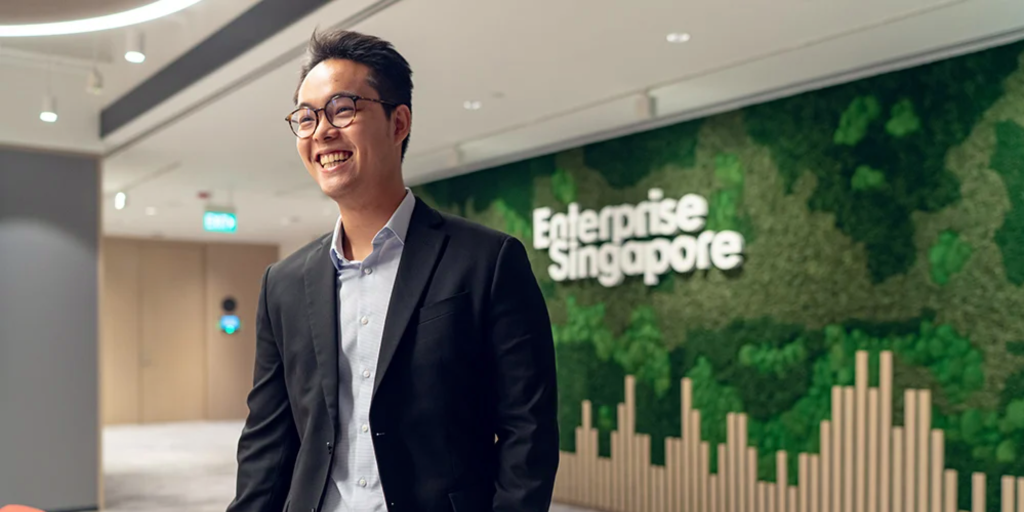

ASBF: An Accessible place for young talent
In Egypt, where voices are plenty and often drowned out by one another, “companies need to find [new] ways to profile themselves” in order to stand out or filter through the mainstream’s patina; in Mr. Devaraja’s opinion, the ASBF is an unparalleled opportunity to do so. Much like other initiatives such as Seamless Middle East and its counterparts, ASBF is a summit where “global tech ecosystems [can] get a better feel for what’s happening in Egypt.”
Given the virtual and free-access nature of this event, anybody is welcome to attend. Mr. Devaraja also explains the b2b (i.e. Business to Business) element running parallel to the event; “[young entrepreneurs], through the use of the platform, can decide the sort of people they want to meet. This could be an avenue for them to work, not only with Singaporean businesses but even other African businessmen. There would be attendees from across the continent and it’s a good way to get themselves out there.”
While Mr. Devaraja acknowledges some obstacles to trade between Africa and Asia – such as the poor credit standing of some companies, and the public’s desire to only invest in profitable businesses – he closes his statements on an optimistic note. “There’s a lot of potential [in Egypt], there’s a lot of room for growth that could be facilitated by these kinds of events.”
To attend the conference or find out more about the African Singapore Business Forum – including dates and programmes – please visit their website.
Subscribe to the Egyptian Streets’ weekly newsletter! Catch up on the latest news, arts & culture headlines, exclusive features and more stories that matter, delivered straight to your inbox by clicking here.
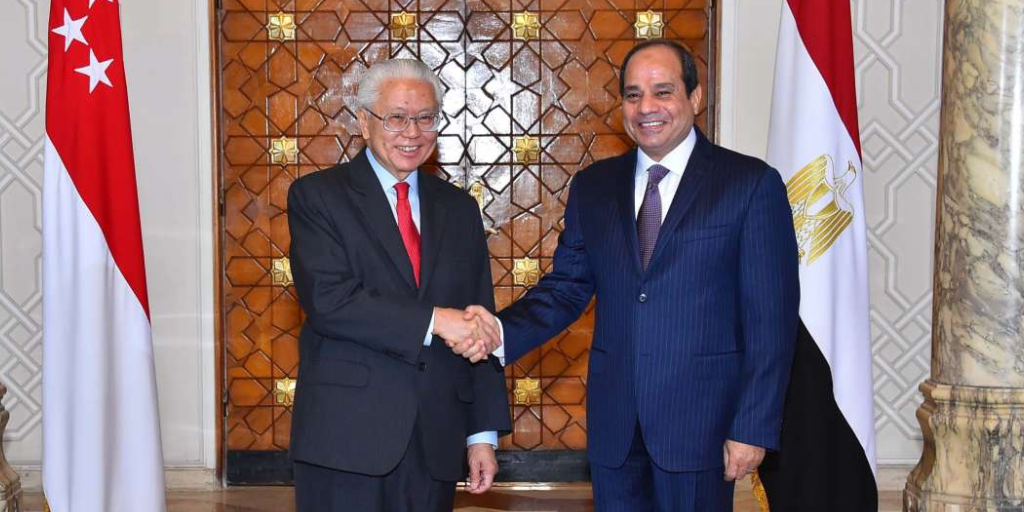


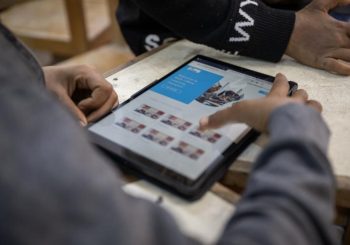
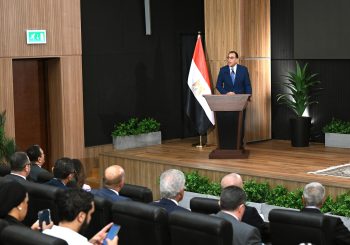
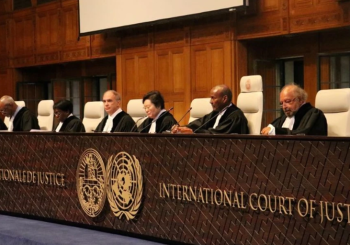
Comments (3)
[…] Egypt, Singapore Embark on Innovative Frontiers at the 2021 Africa Singapore Business Forum A First in Decades: No Full Marks and Low GPAs in Thanaweya Amma Results […]
[…] المصدر by [author_name] كما تَجْدَرُ الأشارة بأن الموضوع الأصلي قد […]